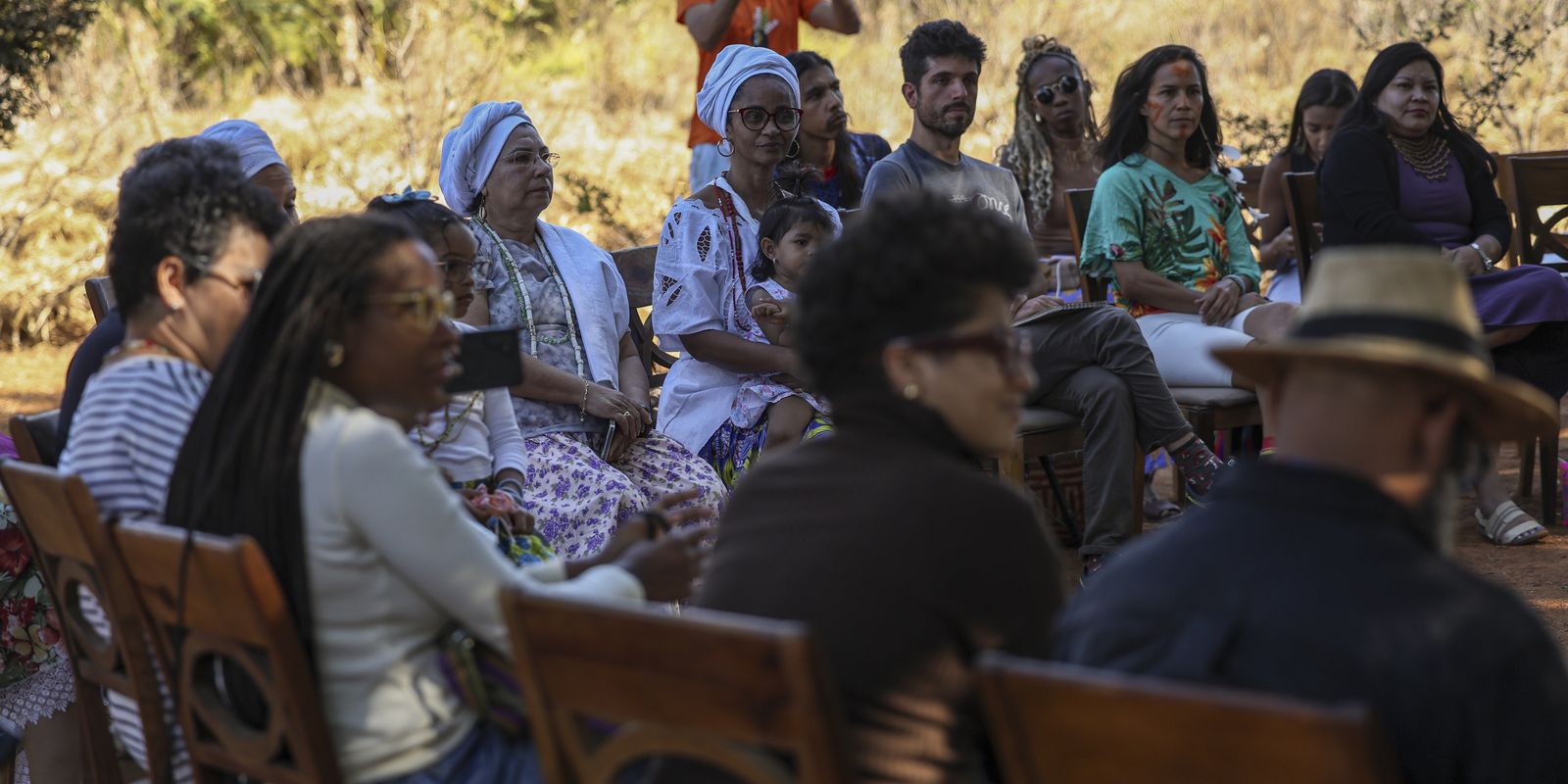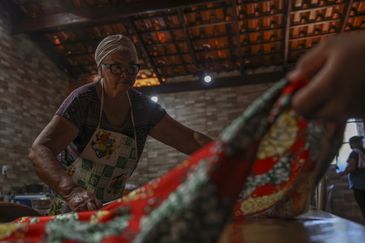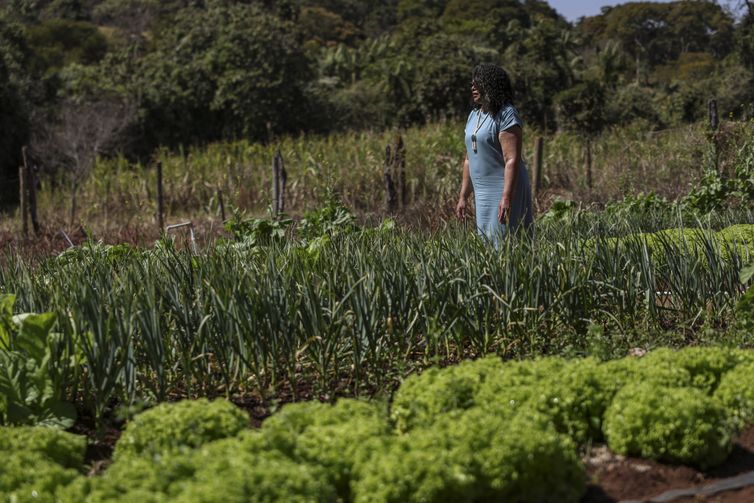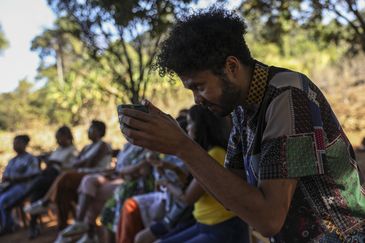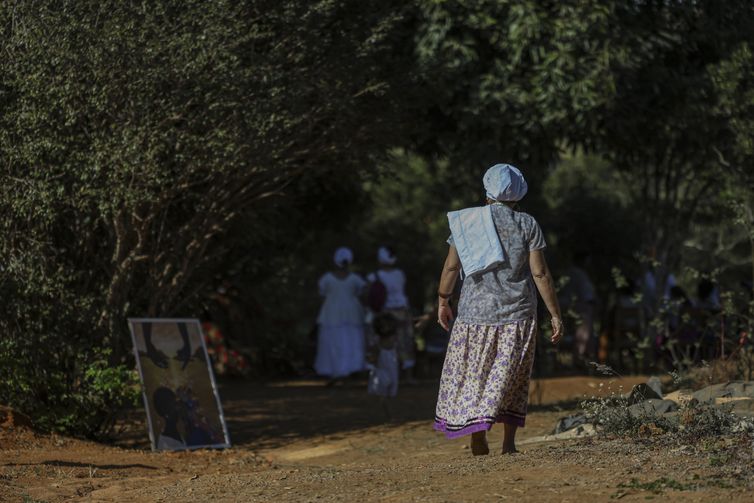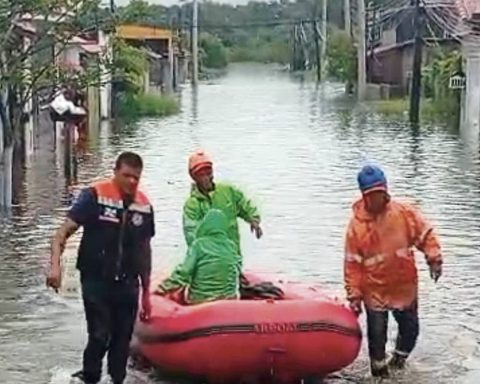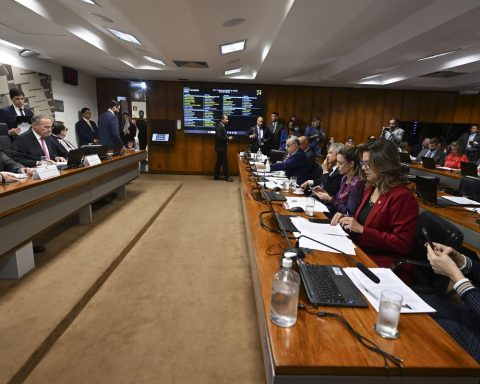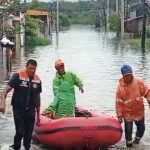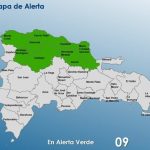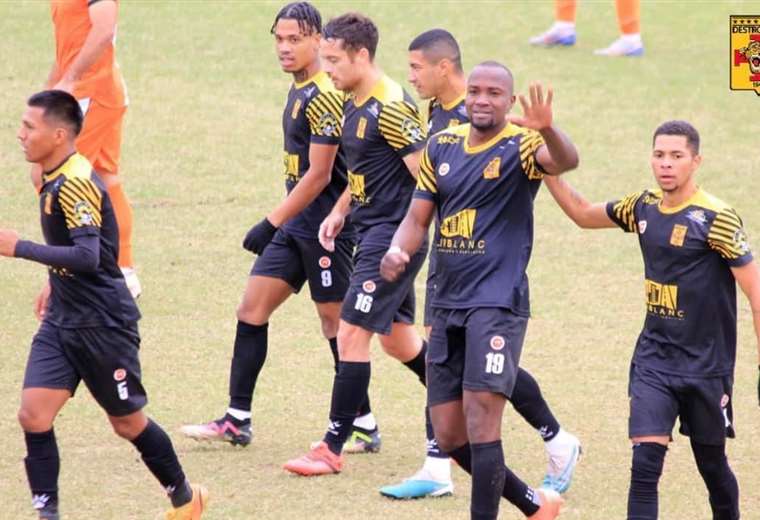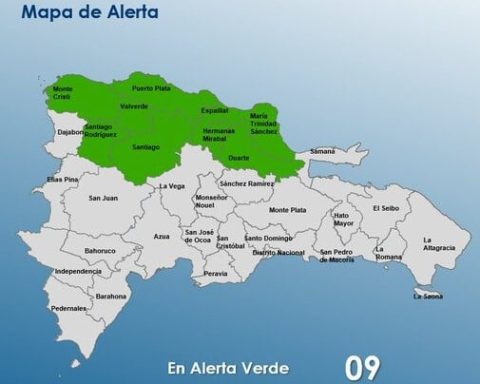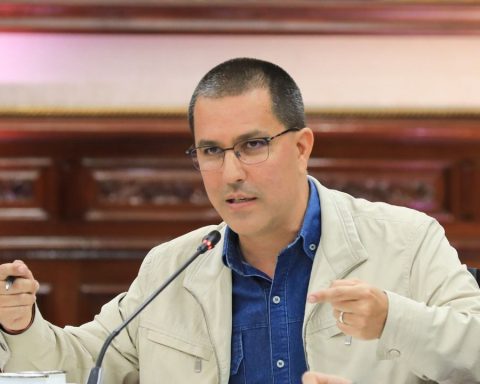Farmer Elpídia Pereira, 74, looks up at the mango tree she planted five decades ago and sees the past. “Back then, things were very different. It rained a lot more.” And that’s not all. In the Mesquita quilombola community, where she was born and raised, in Cidade Ocidental (GO), farmers are complaining about nearby landowners using pesticides and there is a unanimous demand for land titles. 

The mango tree that Elpídia planted so long ago hosted, this Saturday (20), a conversation circle organized by the Latinidades Festival, in the Goiás edition, to address the current socio-environmental challenges that threaten the production of quilombolas.
The Mesquita community, which is approximately 50 kilometers from Brasília, has a history of 278 years, and is now home to more than 700 families and a population of over three thousand people. The festival’s conversation circle, which reached its 17th edition, brought up the theme Guardians of Tomorrow: Dialogues on Cultural Production, Environmental Racism and Climate Justice.
Longing
Elpídia misses the old days, when it rained a lot more. In fact, when they could plant rice, which requires a longer rainfall regime. “Before, we only had to buy salt. The rest, the land provided,” she recalls. Even so, the dryness of droughts in the Brazilian Midwest has not taken away the milder climate because it is a preserved forest area.
Those who live in the community also try to protect themselves from the entry of foods such as soft drinks. “We try to educate the younger ones to drink juices made from fruits from the cerrado,” says the leader of this community in Goiás, Sandra Pereira, 56 years old.
According to her, the need to title the lands, which total 4,200 hectares, would be essential to guarantee security for those who live there, since large landowners frequently end up entering the quilombola territory. Sandra explains that 40% of the territory is for planting and sustenance of the people, and the rest of the territory is preserved Cerrado.
Expectations
Sandra Pereira recalls that the land was recognized 18 years ago, but never titled. “I hope that the title will be granted this year. What we want is for our way of life to be respected and protected.”
She says she has already received threats of violence because of her fight. “On the 17th, Mother Bernadete will die [na comunidade de Pitanga dos Palmares, na Bahia] completes one year. She was here twice. She just wanted to guarantee her rights and she died”, she says. Sandra understands that leaders of indigenous peoples throughout the country are threatened and need protection.
Farmers in the community work with plant nurseries and respect ancestral agroecological knowledge. Their products are recognized in the community and beyond. “Cassava is one of our best sellers because we organize different spaces for planting and harvesting, and also because it resists droughts. This is our sacred birthplace.” Her brother, João Paulo, peeled the cassava, reminding us that the product will provide flour, broth, and cake. “It is very important to us.”
Cradle
The cradle is also for those who are younger. According to visual arts student Walisson Braga, 27, younger people who had to leave to study and work are returning to live in the community. “This more natural way of life and the cooler climate attract people my age.” He is one of those who are passionate about the land where he was born and raised. One of the reasons has to do with ideals. He never lets go of his cell phone and other equipment to capture the elderly. “Photographing and filming also guarantees memory. I would listen to stories from the elderly and ask for photos. And they didn’t have any. Now they have them,” he says.
The younger generation, seeing the struggle of their parents and grandparents, decided to study to put their knowledge into practice in the land where they were born. One example is agronomist Danuza Lisboa. She recalls a major transformation that occurred once when she was working as a maid. Her employers told her that she could not have the same food that everyone else ate. She was shocked. “I don’t deserve this. She went to Brasília to take a preparatory course. I left home at 4:30 a.m. for over a year.” She managed to get into the University of Brasília and graduated in 2020.
Today, she is a PhD student in agronomy and is studying quince, one of the most well-known products sold by the community in the city. During her master’s degree, she studied how farmers could take care of tangerines after the harvest. “I have always been concerned about my community. My intention has always been to help my people.” She says that selling vegetables and fruits has guaranteed the families’ livelihood throughout the year, even with the losses caused by climate change. “It used to rain from October to May. Today, it rains from November to March,” laments the agronomist.
To address this impact, the expert says that it would be ideal to invest more in technology. However, this is not possible because, for the farmer to have access to the credit line, the land would need to be titled.
Equities
According to Cinthia Santos, assistant general director of the Latinidades festival, dialogues with the indigenous population are essential for advancing the themes, since the community is “expert in caring”. The initiatives of the quilombolas are inspiration for the festival. Another initiative, in addition to the discussion circle, is the production of a documentary about the life of the community to ensure dissemination and contribute to the visibility of the quilombolas’ struggle. “We understand that we must work for gender and racial equality in order to have sustainability”.
The director of Policies for Quilombolas and Gypsies at the Ministry of Racial Equality (MIR), Paula Balduino, who was also present at the event in the community, guarantees that the regularization of quilombola territories in Brazil is a current priority. She explains that the regularization policy is complex, but that there is a national titling agenda to improve the policy.
“We have been in a lot of dialogue with Incra [Instituto Nacional de Colonização e Reforma Agrária] and other bodies to find ways to speed up this process and to work with the states and the Judiciary,” says Paula. In the case of the Mesquita community, the decision to regularize the process is within the scope of the Judiciary.
The director explains that there are still communities that do not know which institution is analyzing their degree. “We are also working on a way to organize this data and present it to society, especially to the communities, so that they have an understanding of each stage of their process.”
